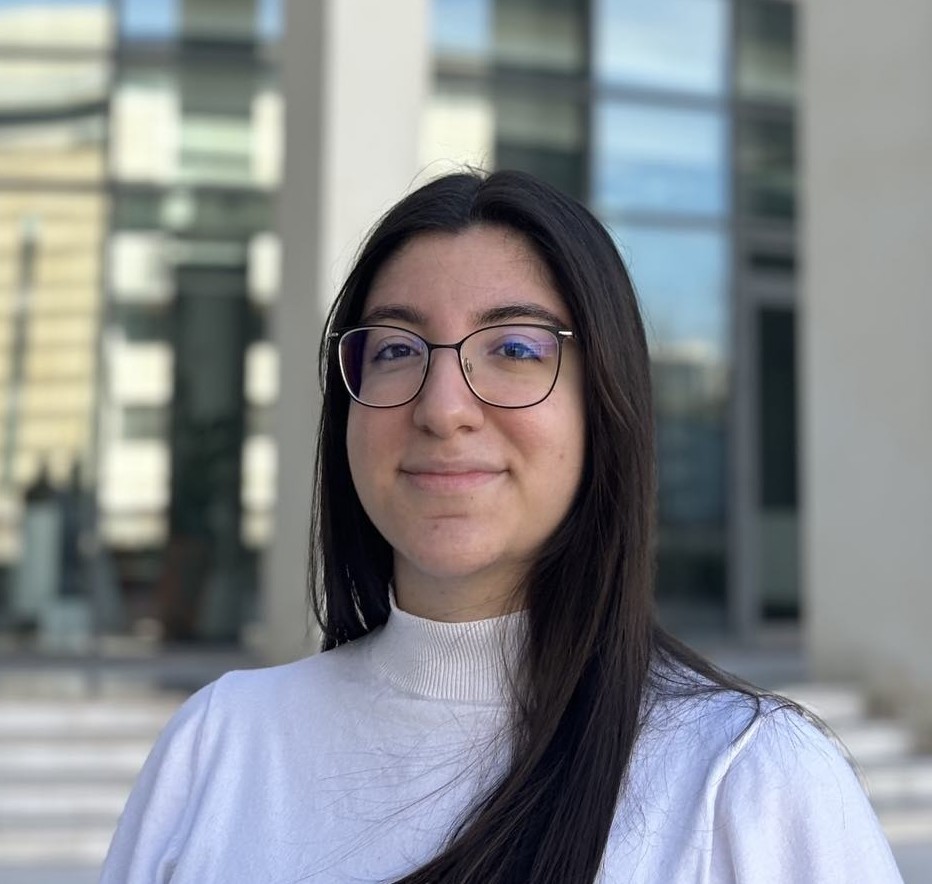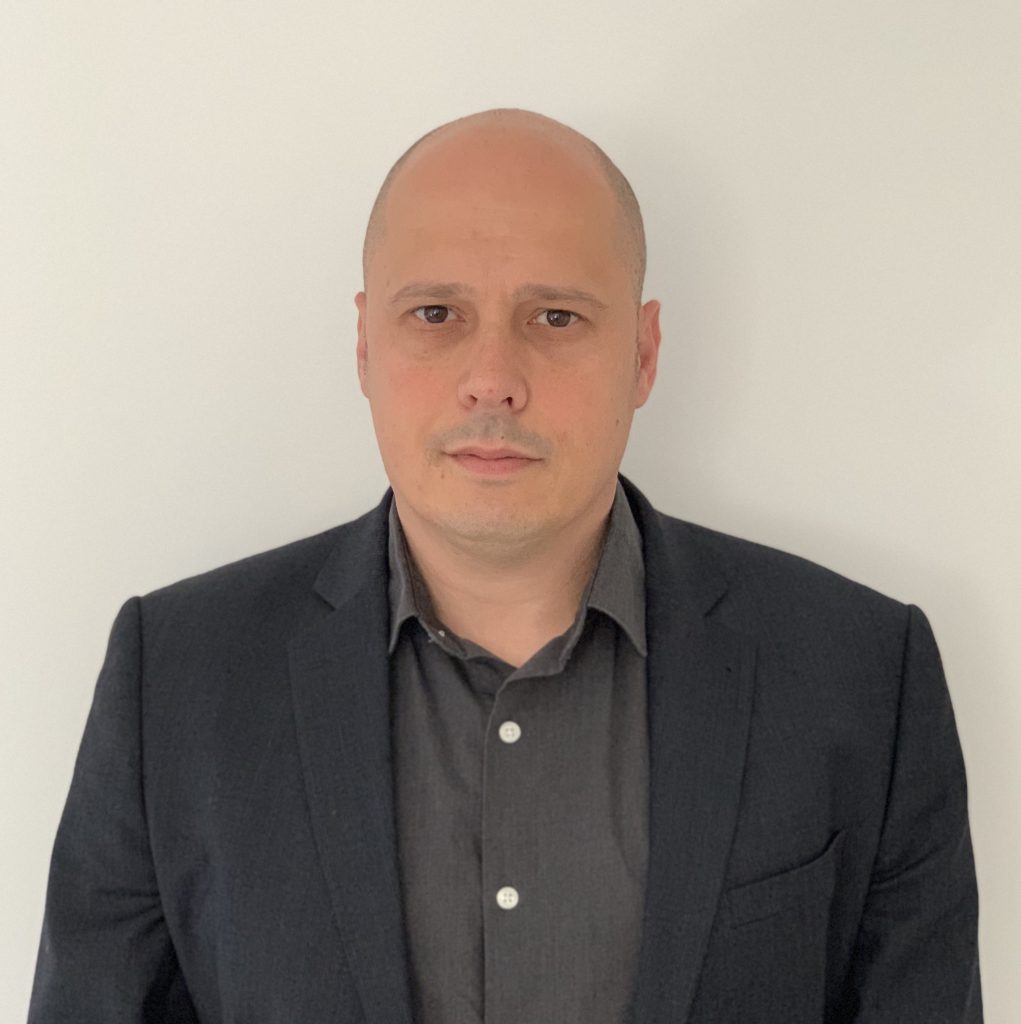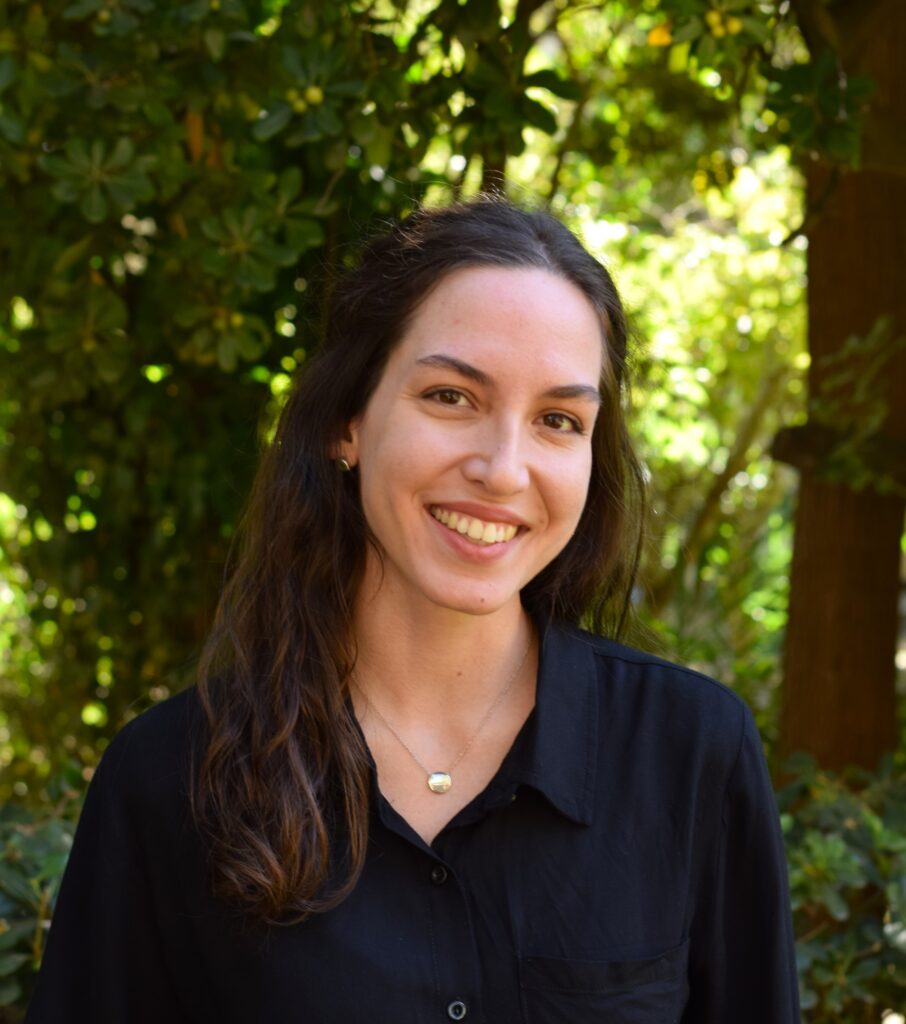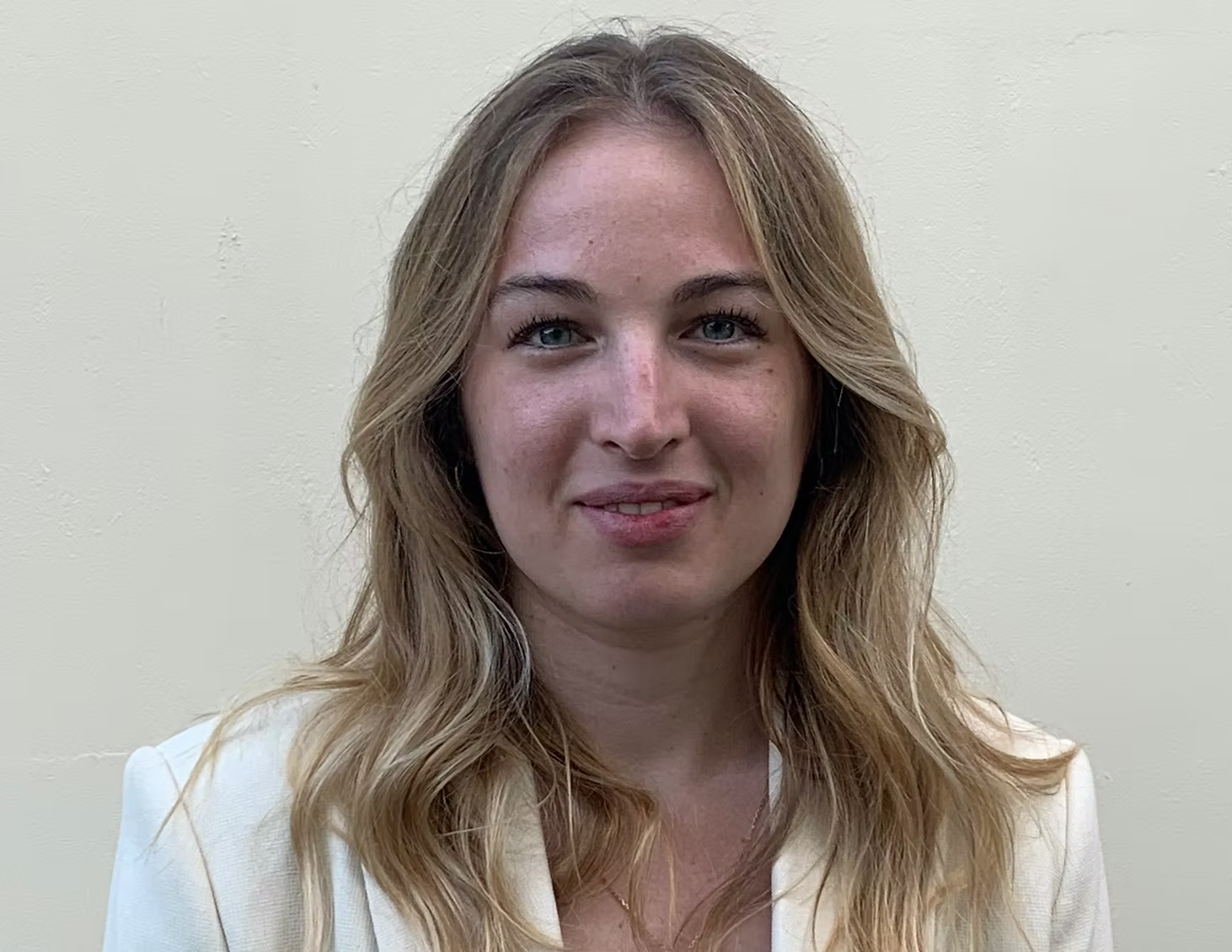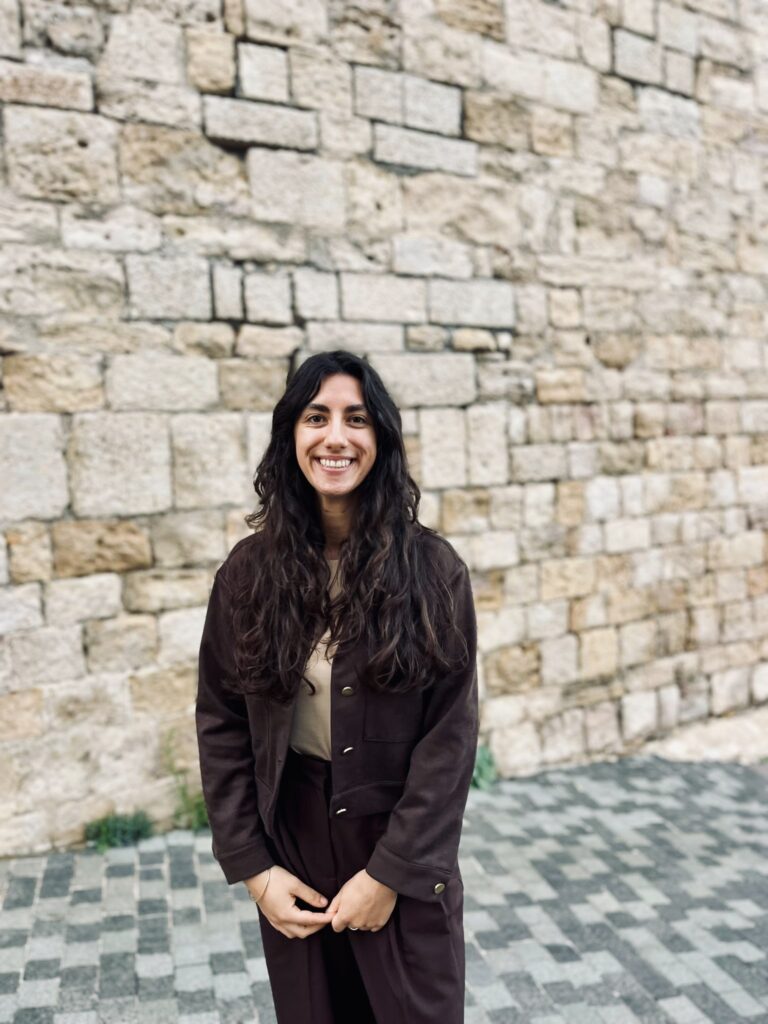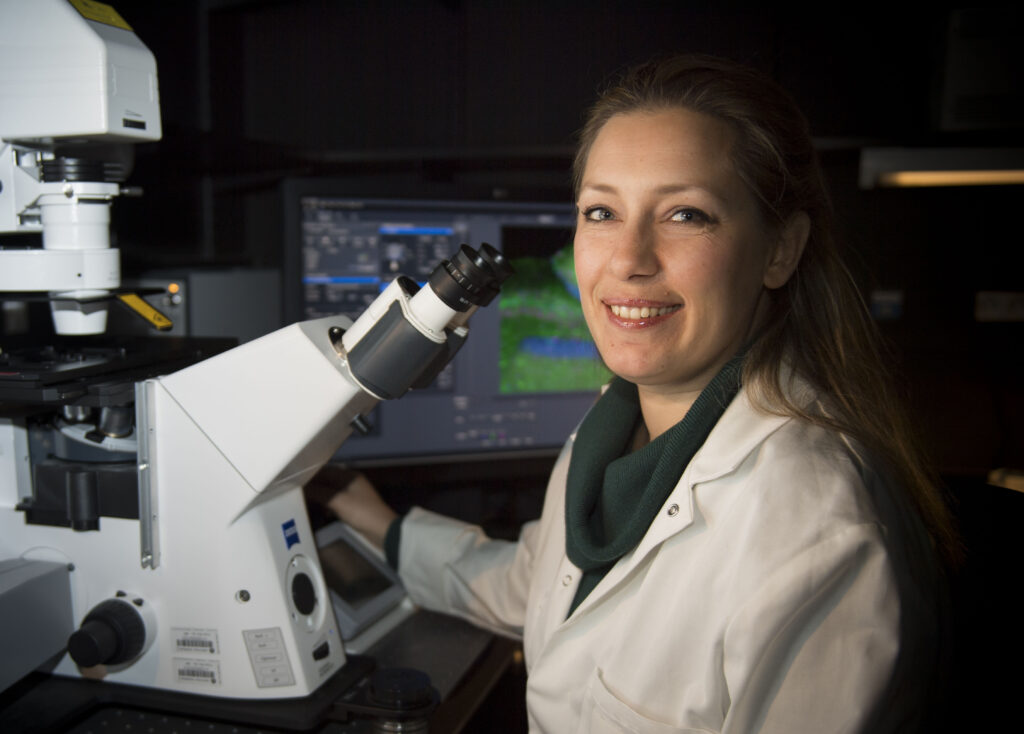
Team Leader :
L. KATSIMPARDI
Scientific objectives:
Our team’s major objective is to identify the unexplored mechanisms and reciprocal connections between normal/non-pathological aging and accelerated brain aging due to disease and to identify molecular pathways and blood factors that combat deterioration and increase regeneration through translational approaches and biotherapies.
We organize our work around the following axes:
Axis 1: Mechanisms of accelerated brain aging in the context of disease
We are particularly interested in identifying how peripheral disorders can exert detrimental effects on brain health, and whether these mechanisms are distinct from or overlap with those of normative aging. A comparative analysis between physiological aging and pathology-induced brain aging will allow us to differentiate universal aging signatures from disease-specific pathways
Axis 2: Biotherapies to target diseases accelerating aging
Building upon both our published findings and a growing body of preliminary data, as well as major advances emerging in the fields of neuroscience, aging, and systems biology, we propose that disease states—particularly those characterized by chronic inflammation, metabolic dysfunction, and systemic stress—induce distinct changes in circulating blood factors that contribute to an accelerated brain aging phenotype.
Lab website: https://www.katsimpardiresearch.org/
Biography
Dr. Lida Katsimpardi obtained her Ph.D. in Biology and Health from the University of Montpellier in 2008, after international training in Germany (University of Mainz, 2002-2003) and Greece (Hellenic Pasteur Institute, Athens, 2004-2008 experimental part of the PhD), where she specialized in neurobiology and physiology.
She then joined Harvard University (2008–2015) as a postdoctoral fellow, where her pioneering work revealed that young blood can rejuvenate the aging brain — discoveries that helped launch the modern field of biological rejuvenation and positioned her as an expert in brain aging and regeneration.
After returning to France, she led research at the Institut Pasteur in Paris (2016-2021) and later joined the Necker Institute for Sick Children Inserm U1151, Paris (2021-2024), where her group studied cerebral and vascular aging. She also developed strong translational collaborations through an Inserm–CHRU Nancy-Brabois interface fellowship in geriatrics (2021 and ongoing).
Since 2025, Dr. Katsimpardi has been leading a research team at the Institute for Regenerative Medicine and Biotherapy (IRMB, Inserm U1183). Her work focuses on the mechanisms of brain aging and the development of innovative therapeutic strategies to preserve cognitive health, bridging fundamental research and precision medicine.
